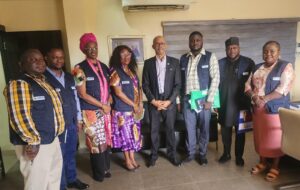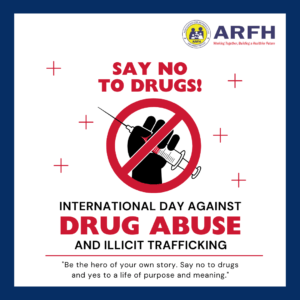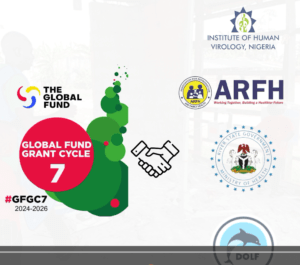
ARFH is joining organizations all over the world to commemorate this year’s World Malaria Day, which is marked on April 25th every year. According to WHO, this year’s theme “Ready to beat malaria”, draws attention to a stall in the progress made towards eliminating the world’s oldest disease despite previous global success gained in the fight against Malaria. Malaria is a disease caused by Plasmodium parasites which is transmitted through the bites of infected female Anopheles mosquitoes.
These concerns were reflected in findings published in the WHO World Malaria Report 2017. The report shows that, in 2016, there were an estimated 216 million cases of malaria in 91 countries, up from 211 million cases in 2015. The estimated global tally of malaria deaths reached 445 000 in 2016 compared to 446 000 the previous year. Not only that, funding gaps in investments, drug and insecticide resistance, incidence from climate change and complex situations from humanitarian crises also pose a major challenge in the fight against malaria.Sadly, Nigeria accounts for 53% of the $1.3 billion funding gap for essential commodities that include 76% of the funding gap in Artemisinin Combination Therapy (ACT) and 86% of the funding gap for Rapid Diagnostic Test kits (RDTs).
Malaria is a major public health problem in Nigeria and has the highest out of fifteen countries who accounted for 80% of global malaria deaths in 2016. All of which were in sub-Saharan Africa, except for India. Malaria is a risk for 97% of Nigeria’s population, of which under-5 children and pregnant women are the most vulnerable.
Nigeria recently renewed its funding commitments, pledging to make malaria an issue of national priority, including securing $300 million in new financing from the World Bank, Islamic Development Bank and African Development Bank to help finance its national malaria strategy.
Urgent action is needed to curb the menace of malaria, from prevention, treatment to control. The most effective way of preventing malaria is to sleep under insecticide-treated mosquito nets, spray indoor walls with insecticides, keep your surroundings clean and free of stagnant water and the use of preventive medicines for the most vulnerable groups – pregnant women, under 5s and infants.
Malaria symptoms include chills, fever, sweating, nausea, headache and usually occur a few weeks after a mosquito bite. Diagnostic tests should be carried out on suspected persons showing any of these symptoms before the treatment of malaria as self-medication is one of the factors fueling drug resistance.
The Association for Reproductive and Family Health (ARFH) has actively supported the fight to test and treat Malaria cases as we are committed to improving the quality of life of every Nigerian. This World Malaria Day, we call on everyone to join the fight to beat malaria; spread awareness on the preventive measures and right treatment of malaria, support the call for government to increase and fulfill funding commitments and advocate against self-medication.





